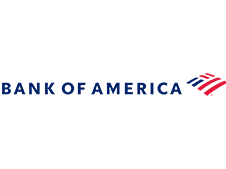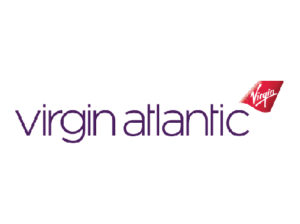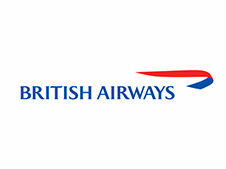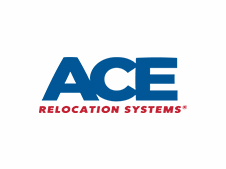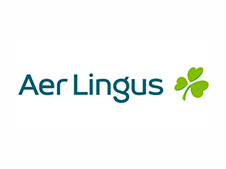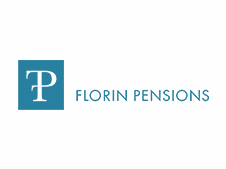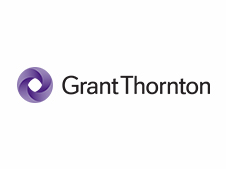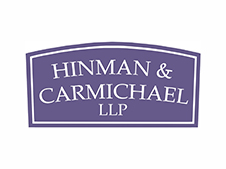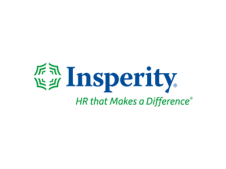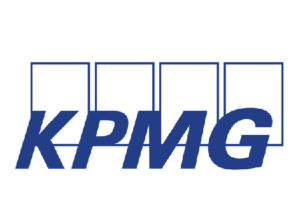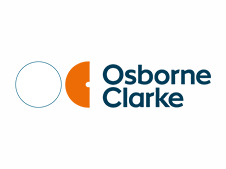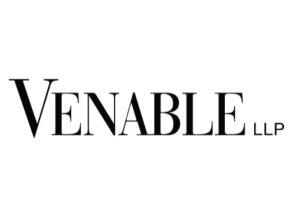Information as of Wednesday 22nd April 2020 at 12pm UK
We have outlined some of the key measures international employers with UK employees may to want to consider during the current crisis. We encourage you to contact your usual F&L representative or email us at info@fitzandlaw.com if we can be of any assistance at this time.
Job Retention Scheme
The key features of the Coronavirus Job Retention Scheme are:
- Employees are placed on ‘furlough’ leave rather than dismissed
- The government will fund 80% of wages up to a maximum of £2,500 per month
- It is available for any employee on the payroll as of 28 February 2020 or 19 March if notified to HM Revenue & Customs (HMRC) via RTI by 19 March
- It has the potential for companies to re-employ employees who left before 19 March 2020 and furlough them
- Payments will be available from the end of April 2020 and potentially backdated to 1 March 2020
- The scheme is currently available to the end of June 2020
Employers cannot unilaterally require employees to accept being furloughed, which is a temporary leave of absence, unless the employee’s contract of employment contains a clause explicitly granting this permission. Although employees are likely to agree to such a measure, especially if the alternative is redundancy, consultation with employees will still be a very important part of the process. One aspect to note is this may financially incentivise businesses to furlough part of their workforce or rotate staff on furlough rather than keeping all of the workforce “working” when there is only sufficient work to keep everyone busy part time. We encourage you to seek professional advice prior to taking any action at all with regard to the Job Retention Scheme.
Employers will need to make a claim and submit information about the relevant employees to HMRC through this new portal. More information can be found on the UK Government’s dedicated webpage. The scheme was originally open for three months and backdated from the 1 March to the end of May but has been extended to the end of June 2020.
Statutory Sick Pay Rebate Scheme
The UK Government has introduced a new Statutory Sick Pay Rebate Scheme (SSPRS) designed to repay employers the current rate of Statutory Sick Pay (SSP) which they pay to employees (and former employees) for periods of sickness from 13 March 2020. The SSPRS will cover up to two weeks of SSP starting from an employee’s first day of sickness if they have the Coronavirus or if they are self-isolating.
Employees are not required to produce a Doctor’s fit for work note in order for an employer to make a claim and part time and contract workers can be included; however, employers must have fewer than 250 employees as of 28 February 2020 in order to qualify.
Volunteer Leave
Workers are permitted to take statutory leave to support ‘essential health and social care services’ through volunteering where their employer has ten or more employees. Workers must provide at least three working days’ notice and produce a certificate certifying their involvement as a volunteer, along with the dates they will be volunteering.
Leave can be taken in blocks of two, three or four weeks and is set to run for 16 weeks, with employers unable to reject claims on any grounds. A volunteering worker’s employment contract remains in effect.
It is not yet clear how volunteering employees will be compensated; however, it is understood the Government will compensate workers for loss of earnings as well as providing a travel and subsistence allowance.
Changes to Annual Leave
New regulations came into force on 26 March 2020 designed to allow employees to carry annual leave over to a new holiday year where it is impractical to take leave due to COVID-19. These new regulations amend the prohibition on carrying over four weeks of statutory annual leave under the Working Time Regulations 1998. The regulations are not intended to extend annual leave carryover simply because the lockdown is in place, but for workers who provide essential services and cannot use their leave because of the demand for their services.
New Rates
New rates have been announced in respect of Statutory Maternity (SMP), Paternity (SPP), Sick Pay (SSP), Shared Parental Pay (SPP) and National Minimum Wage (NMW) for the new tax year beginning 6 April 2020. The rates have been revised as follows:
- SMP up to £151.20 from the previous £148.68
- SPP up to £151.20 from the previous £148.68
- SSP up to £95.85 from the previous £94.25
- SPP up to £151.20 from the previous £148.68
- NMW up to £8.72 from the previous £8.21
Tax Relief for Working from Home
In the UK, if your employees are required to work from home, they can claim for expenses such as increased utility bills. This has always been the case but has become more high profile given the current circumstances. From 6 April 2020 employees can claim a rate of £6 per week (higher claims can be made but the process is more complex). Either:
- Employers can pay their employees £6 per week additionally tax free; or
- Employees can claim tax relief on £6 per week by completing and filling a P87 form. This can be done through an online P87 form through your Government Gateway account or by filling out a postal P87 form. Employees will need their employer’s name, PAYE reference (which can be found on payslips and P60s), and job title (as well as National Insurance number for postal forms).
Income Tax for Self-Employed Individuals
For self-employed taxpayers, the second payment on account of tax due by 31 July 2020 will be deferred until 31 January 2021. There is no need to make an application for this extension to take effect. No interest for late payment will be levied during this deferral period.
Statutory Residence Test (SRT)
For the purposes of day counting for the UK SRT, HM Revenue & Customs (HMRC) considers the circumstances are ‘exceptional’ if you:
- are quarantined or advised by a health professional to self-isolate in the UK as a result of the virus;
- find yourself in a ‘lockdown’ situation as a result of the virus;
- are unable to leave the UK due to the closure of international borders; or
- are asked by your employer to return to the UK temporarily as a result of the virus.
The Organisation for Economic Co-operation and Development (OECD) has issued guidance relating to cross-border workers who are currently in the ‘wrong’ country as a result of Coronavirus related restrictions.
With many cross-border workers unable to perform their duties in the usual country of employment, the OECD has tried to address confusion around their circumstances.
Employee Tax Residency
The latest guidance suggests that a lockdown is unlikely to create a change in residency. Many countries have already issued guidance on the impact of COVID-19 on residence status of an individual. The UK, Ireland and Australia have been quick to issue statements confirming that temporary or emergency residence caused by the Coronavirus can, in many cases, be disregarded.
Permanent Establishment (PE)
The OECD determines that a lockdown is unlikely to create a new PE in most cases, provided the lockdown is a governmental order rather than a business decision. Similarly, the OECD has commented that it is unlikely that the COVID-19 situation will create any changes to an entity’s residence status under a tax treaty. A temporary change in location of a company’s senior executives as a result of COVID-19 is an extraordinary and temporary situation and should not trigger a change in residency, especially once the ‘tie breaker rule’ contained within tax treaties is applied.
Our focus is on ensuring our clients can operate as normally as possible and have access to the latest information that is broadly relevant for them. If you have specific concerns, please contact us for more information.

